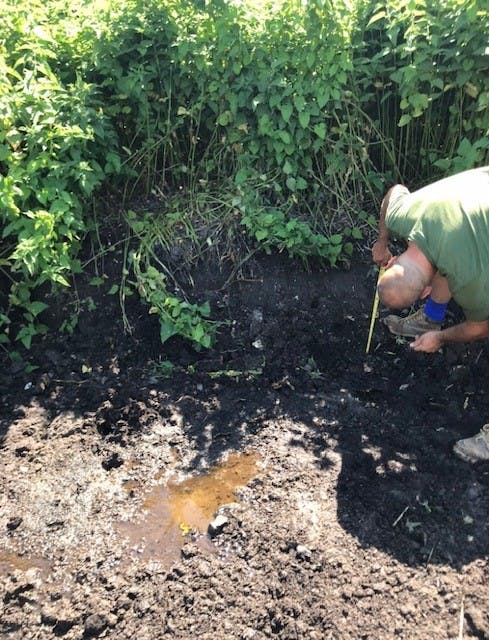
Wilder Carbon Principles
Over-Arching Principles
The Wilder Carbon project will achieve the greatest degree of additionality, permanence and lowest risk of carbon leakage possible.
Pathfinder projects will use carbon finance to secure new land that is held in perpetuity by Trusted Deliverers; future projects on 3rd party land will be implemented via 30 year+ conservation covenants linked to more carbon and biodiversity-friendly management.

Biodiversity Principles
- Native habitats will be managed through re-establishment of natural processes (once any initial enabling work has been carried out e.g. blocking of drains to re-wet an area).
- The primary mechanism for restoration of any given habitat should be natural regeneration unless demonstrably unfeasible.
- Estimated biodiversity uplift will be monitored against on delivery in parallel to carbon monitoring. .
- Projects will ensuring no-harm to good quality native habitats.

Carbon Data Principles
- Use of the best available current data in the best possible way.
- Moving as quickly as possible to a fully verified system based upon the conservative minimum estimation of sequestration potential for a given area, and then ground-truthing and improving these estimates via pathfinder and R&D projects.
- Continually improving the data that underpins Wilder Carbon, including the Standards themselves and the Habitat Tool.
- Maximising transparency around the use of data, decision-making, key assumptions, and organisations and individuals involved in Wilder Carbon at all stages of project development – and conveying this externally via the Wilder Carbon website.

Ethical Principles
- We will work with those who are on their own journey towards setting net-zero targets to consider the role that carbon removals using natural regeneration of native habitats could play once they have started to reduce their emissions.
- We will work with other investors who want to fund projects from a pure Environmental Social and Governance, Corporate Social Responsibility or risk-related perspective on the basis of explicitly separating this from their carbon reduction strategies – particularly around pathfinder projects.
- Wilder Carbon will issue Estimated Issuance Units and future Wilder Carbon Credits to entities that are publicly committed to meeting net-zero targets aligned to national or international targets and timelines and are demonstrably delivering against their carbon reduction strategies.